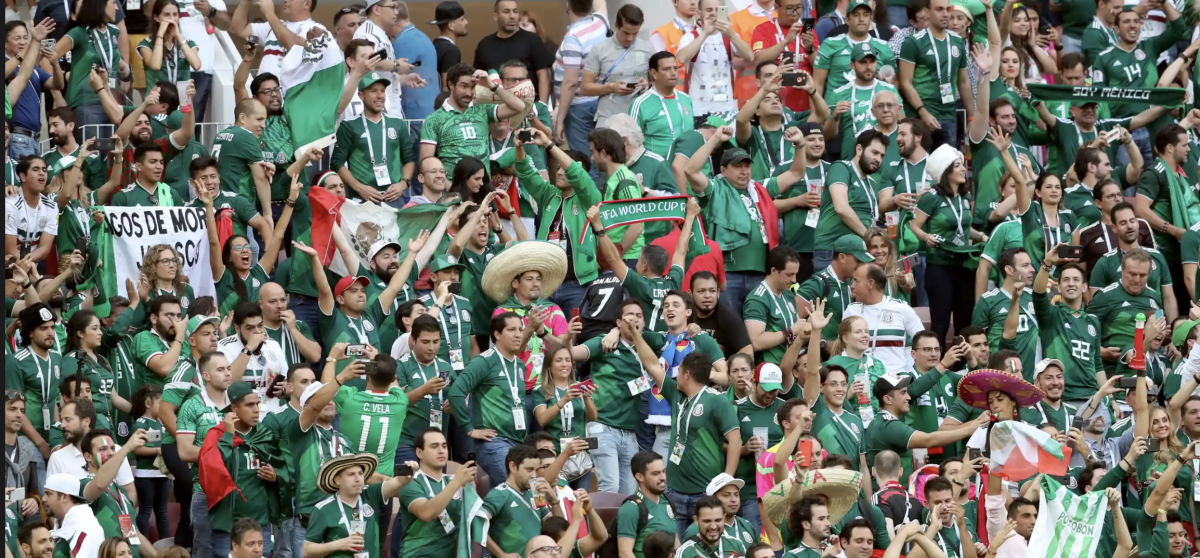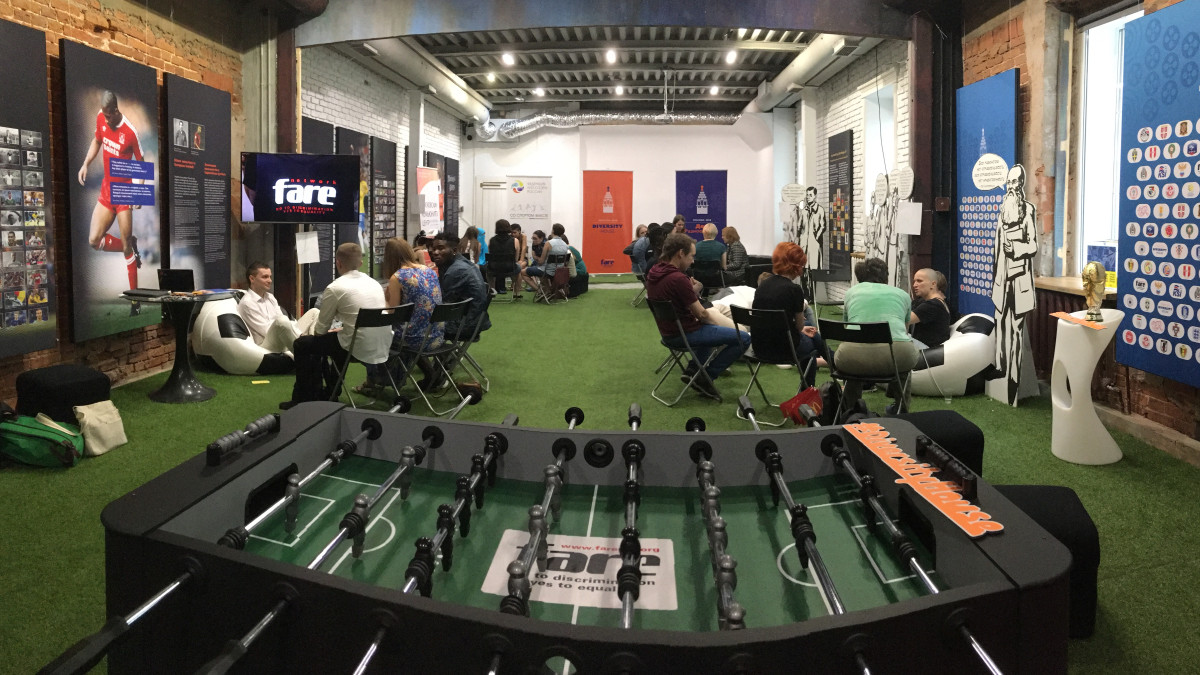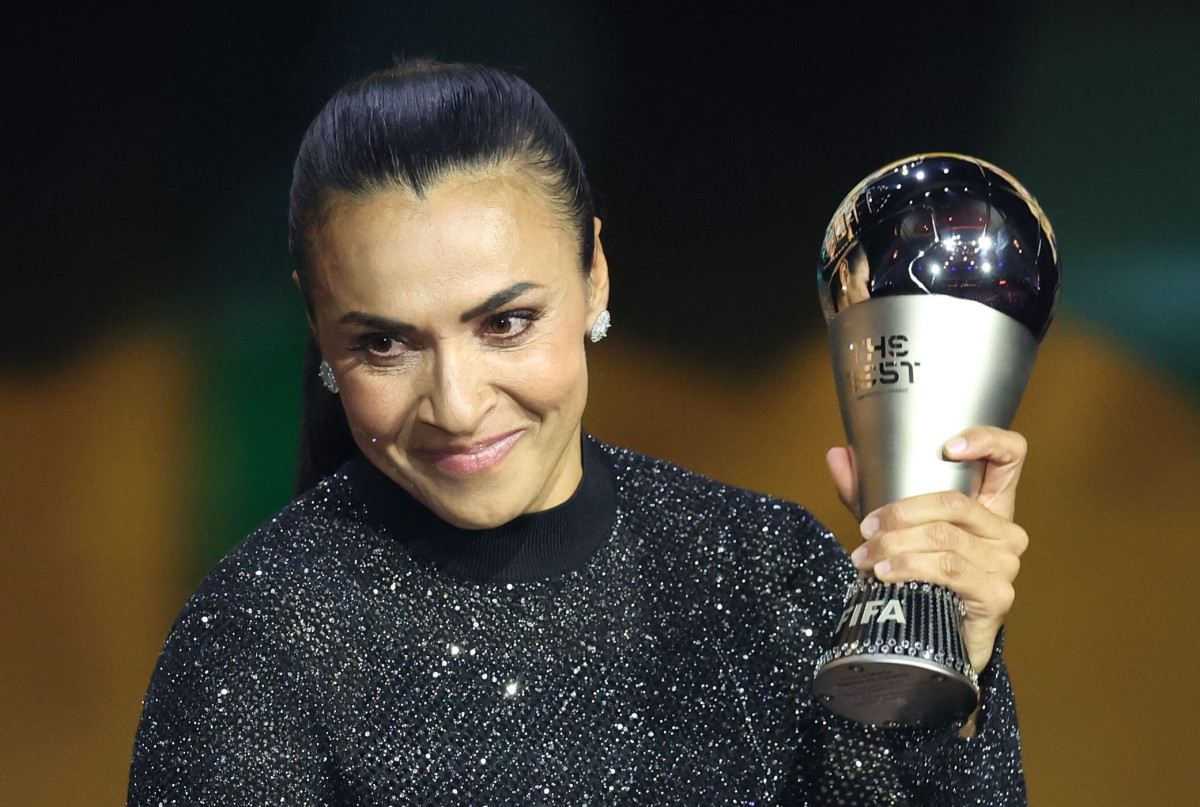A conference at the European Parliament in Strasbourg on 9 October focused on the issue of football and social integration and the inclusion of Roma communities through sport.
European Parliament members Emine Bozkurt and Livia Jaroka, who is herself of a Roma background, joined stakeholders including William Gaillard of UEFA, the EU Fundamental Rights Agency, Piara Powar of the Fare network and Roma support group representatives.
Good practice for European institutions
The meeting was hosted by the Sport and Citizenship European think tank which promotes sport and its role in, and influence on, society.
The participants looked at good practices from different European countries in terms of governance and projects, proposals which could be put forward to European institutions.
Livia Jaroka drew on her life experience in Hungary, “I grew up in a Roma community where football was very strong presence. My father, my brothers and many others were passionate about it and saw it as an opportunity to positively celebrate our heritage and get into the mainstream.
Poverty reduction measures
“Poverty reduction is one of the biggest priorities of the EU. But unless we can link this work to outcomes that will have a real benefit in our communities, it will fail. We know we can train football coaches as both an educational outcome but also to build confidence as a first step onto the job market. This is one practical way that football can help Roma communities.”
William Gaillard told the meeting, “UEFA is committed to making football accessible to all communities whatever their background and social position. Football is a universal language that we must continue to use for the social benefit of European society. We will continue to support initiatives that work for Roma inclusion.”
The Roma population number up to 20 million people spread across Eastern and Central Europe. They are said to be the poorest poorest and reviled communities in Europe subject to systemic discrimination.
The Fare network includes Romany groups and is a key focus of work for the network. One example of this are grants offered specifically to Roma groups in 2010.





